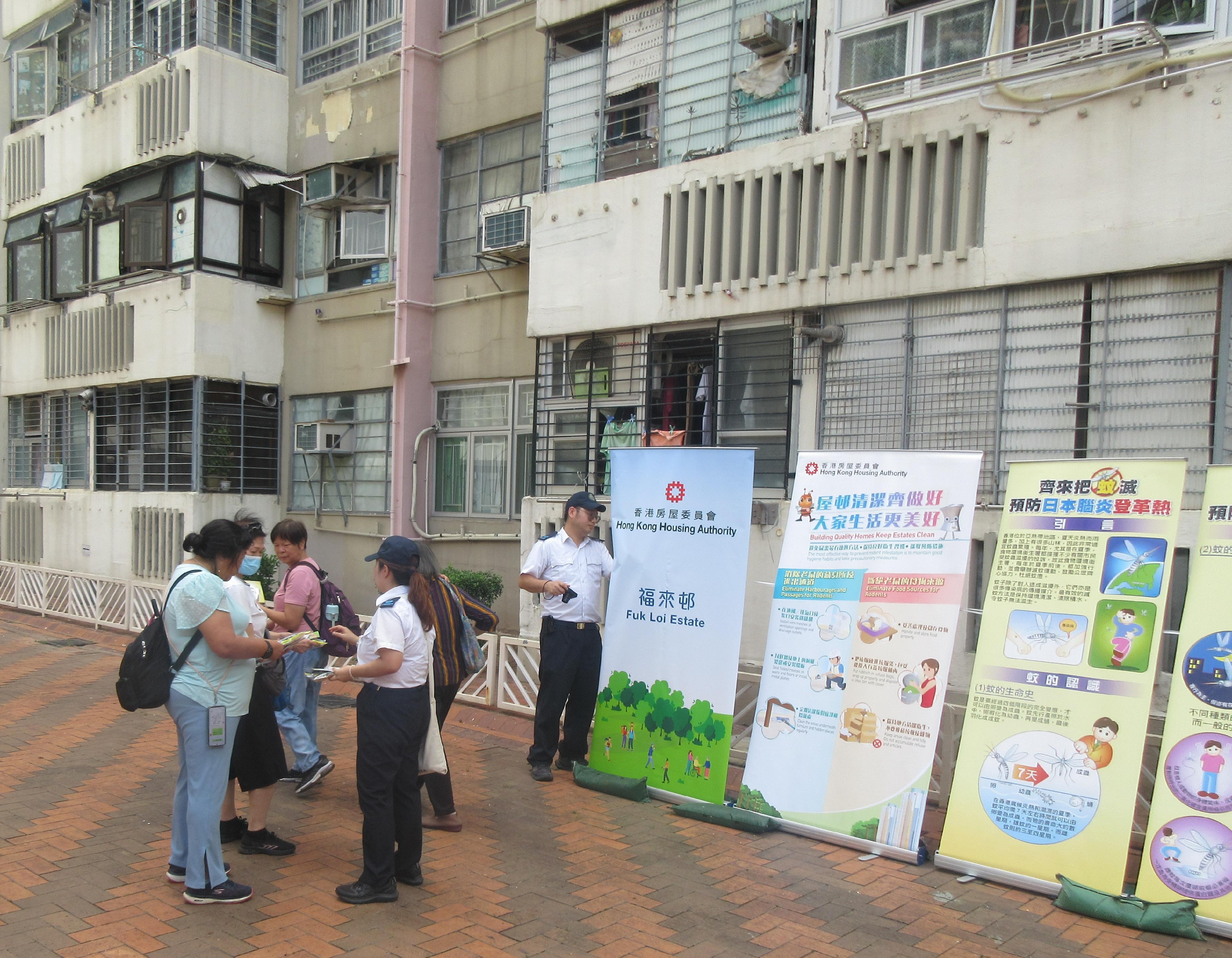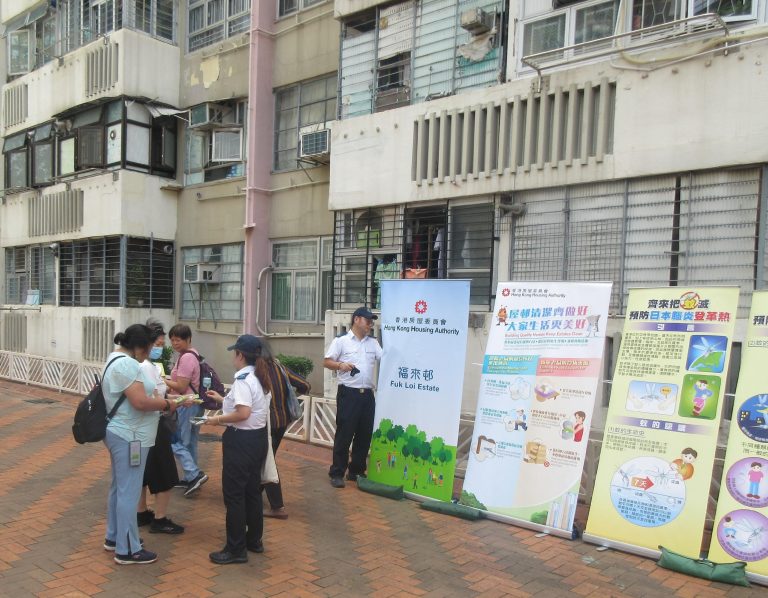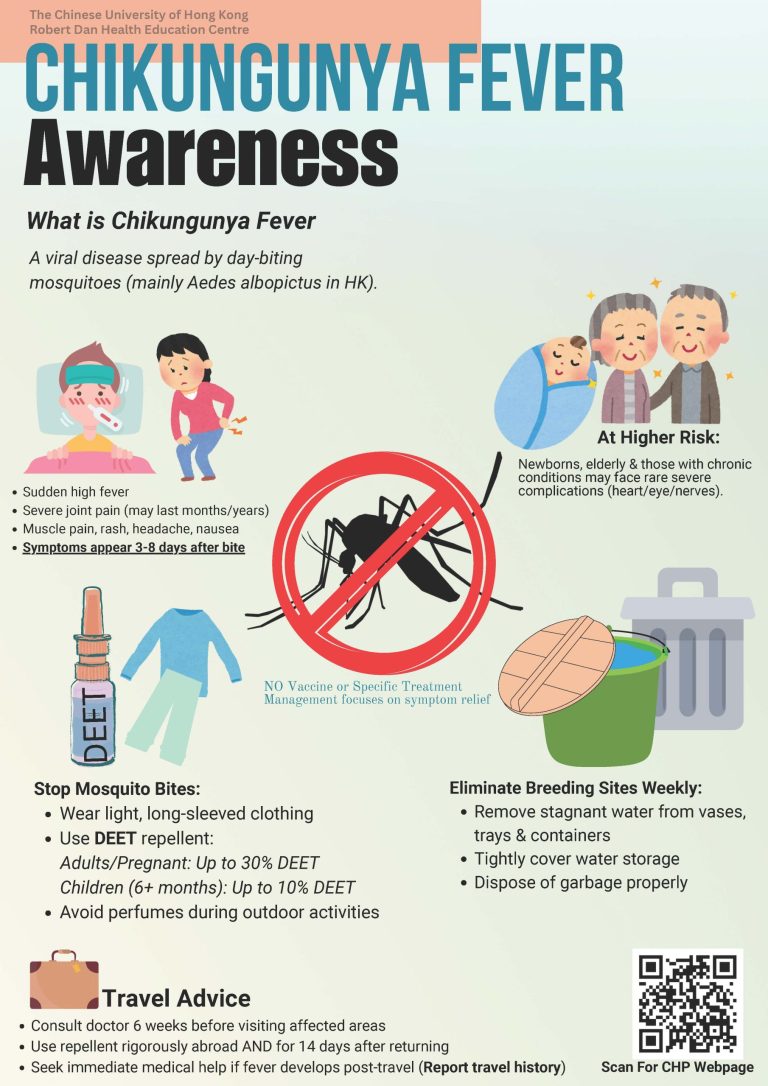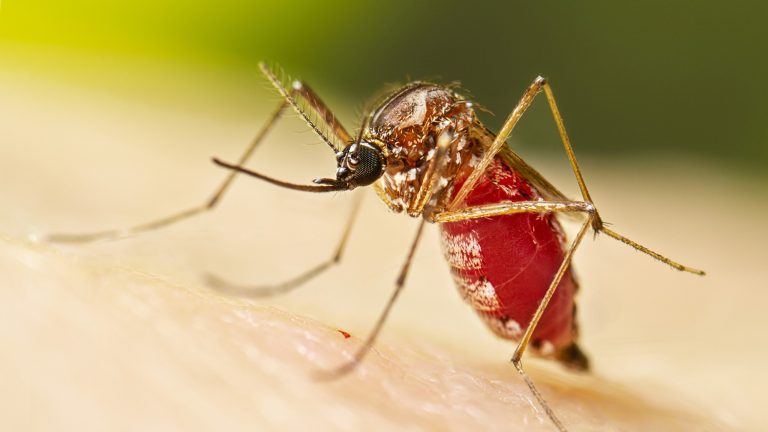Hong Kong’s Centre for Health Protection (CHP) has reported three new chikungunya fever cases, revealing the complex landscape of this mosquito-borne viral disease and highlighting the ongoing challenges of managing infectious diseases in urban environments.
The newly identified cases demonstrate the nuanced nature of disease transmission, with each patient presenting a unique epidemiological profile. The first case, a 55-year-old female from Wong Tai Sin, represents a particularly intriguing scenario. Having traveled to Shanwei and Shenzhen in Guangdong, China, she developed symptoms including fever, rash, and joint pain on October 24. What makes her case especially significant is its potential local transmission—a development that has prompted intensive investigation by health authorities.

Unlike the first case, the second and third cases were definitively classified as imported. A 67-year-old male from Tung Chung who traveled to Foshan and a 76-year-old female from Tseung Kwan O who visited Guangzhou and Huizhou both contracted the virus during their travels. Both patients experienced similar symptoms of fever and joint pain, underscoring the consistent clinical presentation of chikungunya fever.

The CHP is taking a comprehensive approach to managing these cases. For each patient, household contacts are being closely monitored, even though they currently remain asymptomatic. This proactive surveillance is crucial in preventing potential disease spread. Additionally, authorities are conducting genome analysis to determine potential epidemiological connections, particularly regarding the Wong Tai Sin case’s potential local transmission.

Chikungunya fever itself is a viral disease transmitted exclusively through mosquito bites, primarily by Aedes mosquitoes. The recent cases in Hong Kong highlight the disease’s regional prevalence, particularly in parts of Guangdong. Travelers to these areas are advised to take preventive measures such as using insect repellent and wearing protective clothing.

The investigation into these cases reveals the intricate challenges of modern public health management. While two cases were clearly imported, the first case’s origin remains uncertain. The patient’s travels to Shenzhen and proximity to Fung Tak Estate have created a complex epidemiological puzzle that health authorities are methodically working to solve.
For the public, these cases serve as an important reminder of travel-related health risks. The detailed tracking of each patient’s movements—from Shanwei to Shenzhen, from Foshan to Guangzhou—illustrates how quickly infectious diseases can potentially spread in our interconnected world.
The CHP’s transparent reporting and systematic investigation approach demonstrate a commitment to public health and disease control. By meticulously tracking each case, monitoring contacts, and conducting genomic analysis, they aim to prevent further transmission and understand the virus’s potential local dynamics.
As the investigation continues, individuals are encouraged to stay informed, practice preventive measures, and remain vigilant, especially when traveling to regions with known disease activity. The ongoing monitoring of these chikungunya cases represents a critical aspect of Hong Kong’s public health strategy, balancing the management of both local and imported infectious disease risks.












